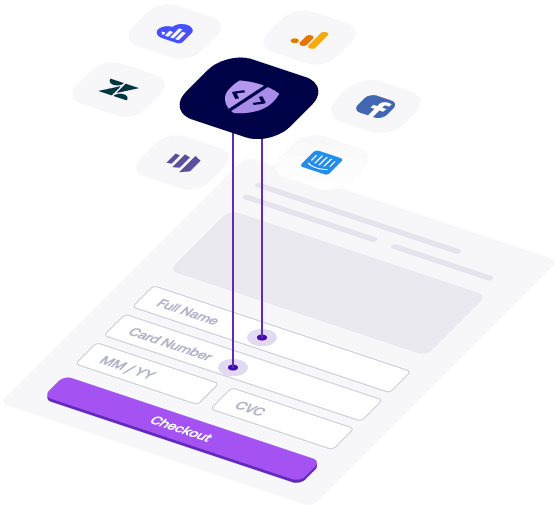Consent management on websites refers to the processes, tools, and frameworks used to collect, manage, and document user consent for data collection, storage, and processing. It is an essential component of ensuring compliance with privacy regulations like the General Data Protection Regulation (GDPR), California Consumer Privacy Act (CCPA), and other global and regional data protection laws.
Key Features of Consent Management:
- Transparency: Provides users with clear and concise information about the types of data being collected, the purposes of collection, and the third parties involved.
- Granular Choices: Allows users to choose specific categories of data they consent to share, such as cookies, analytics, or marketing preferences.
- Explicit Opt-in/Opt-out: Offers mechanisms for users to opt in or out of data collection practices, such as accepting or rejecting cookies via a pop-up banner.
- Audit Trails: Ensures that records of user consents are stored securely, creating a transparent log for compliance purposes.
- Managing DSAR (Data Subject Access Requests): Facilitates the efficient handling of user requests to access, update, or delete their personal data, ensuring compliance with legal requirements and enhancing user control over their information.
- Easy Access & Updates: Enables users to review and modify their consent choices at any time via accessible settings or a consent dashboard.
Common Consent Management Tools:
These tools typically include Consent Management Platforms (CMPs) that automate the process of displaying consent banners, tracking user preferences, and ensuring only authorized data collection occurs.
Importance of Consent Management:
- Legal Compliance: Helps businesses meet the requirements of data privacy laws, avoiding fines and penalties.
- User Trust: Demonstrates a commitment to privacy, fostering trust with users.
- Data Accuracy: Ensures that only properly authorized data is collected, reducing risks associated with unauthorized or unnecessary data processing.
By integrating effective consent management practices, websites can align their operations with legal standards and respect user privacy preferences.


